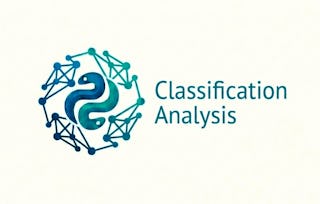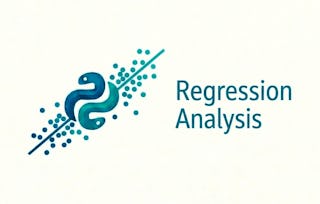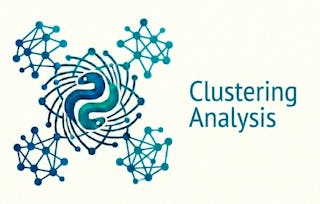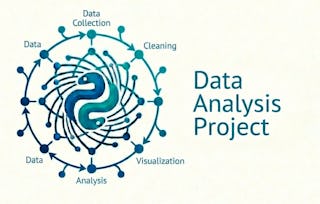The "Association Rules and Outliers Analysis" course introduces students to fundamental concepts of unsupervised learning methods, focusing on association rules and outlier detection. Participants will delve into frequent patterns and association rules, gaining insights into Apriori algorithms and constraint-based association rule mining. Additionally, students will explore outlier detection methods, with a deep understanding of contextual outliers. Through interactive tutorials and practical case studies, students will gain hands-on experience in applying association rules and outlier detection techniques to diverse datasets.

Association Rules Analysis

Association Rules Analysis
This course is part of Data Analysis with Python Specialization

Instructor: Di Wu
2,557 already enrolled
Included with
12 reviews
Recommended experience
What you'll learn
Understand the principles and significance of unsupervised learning methods, specifically association rules and outlier detection
Grasp the concepts and applications of frequent patterns and association rules in discovering interesting relationships between items.
Apply various outlier detection methods, including statistical and distance-based approaches, to identify anomalous data points.
Skills you'll gain
Details to know

Add to your LinkedIn profile
5 assignments
See how employees at top companies are mastering in-demand skills

Build your subject-matter expertise
- Learn new concepts from industry experts
- Gain a foundational understanding of a subject or tool
- Develop job-relevant skills with hands-on projects
- Earn a shareable career certificate

There are 5 modules in this course
This week provides an introduction to unsupervised learning and association rules analysis. You will explore frequent itemsets, understanding their significance in discovering patterns in transactional data. You will also explore association rules, such as support, confidence, and lift metrics as key indicators of association rule quality.
What's included
2 videos4 readings1 assignment
This week we will briefly discuss association rule mining, such as closed and maxed patterns.
What's included
1 video1 assignment
This week focuses on the Apriori and FP Growth algorithm, a key method for efficient frequent itemset mining.
What's included
2 videos4 readings1 assignment1 discussion prompt
Throughout this week, you will explore the significance of outlier detection and its role in identifying unusual data points.
What's included
1 video2 readings1 assignment1 discussion prompt
The final week focuses on a comprehensive case study where you will apply association rule mining and outlier detection techniques to solve a real-world problem.
What's included
1 reading1 assignment1 discussion prompt
Earn a career certificate
Add this credential to your LinkedIn profile, resume, or CV. Share it on social media and in your performance review.
Instructor

Offered by
Explore more from Data Analysis

University of Colorado Boulder

University of Colorado Boulder

University of Colorado Boulder

University of Colorado Boulder
Why people choose Coursera for their career

Felipe M.

Jennifer J.

Larry W.

Chaitanya A.

Open new doors with Coursera Plus
Unlimited access to 10,000+ world-class courses, hands-on projects, and job-ready certificate programs - all included in your subscription
Advance your career with an online degree
Earn a degree from world-class universities - 100% online
Join over 3,400 global companies that choose Coursera for Business
Upskill your employees to excel in the digital economy
Frequently asked questions
To access the course materials, assignments and to earn a Certificate, you will need to purchase the Certificate experience when you enroll in a course. You can try a Free Trial instead, or apply for Financial Aid. The course may offer 'Full Course, No Certificate' instead. This option lets you see all course materials, submit required assessments, and get a final grade. This also means that you will not be able to purchase a Certificate experience.
When you enroll in the course, you get access to all of the courses in the Specialization, and you earn a certificate when you complete the work. Your electronic Certificate will be added to your Accomplishments page - from there, you can print your Certificate or add it to your LinkedIn profile.
Yes. In select learning programs, you can apply for financial aid or a scholarship if you can’t afford the enrollment fee. If fin aid or scholarship is available for your learning program selection, you’ll find a link to apply on the description page.
More questions
Financial aid available,

